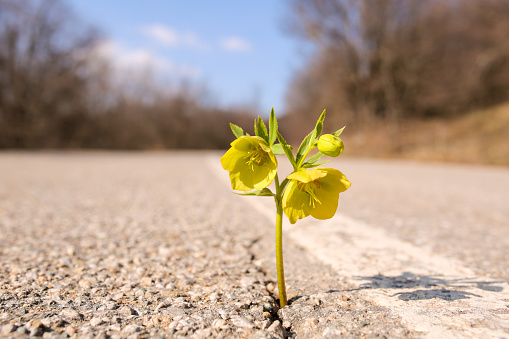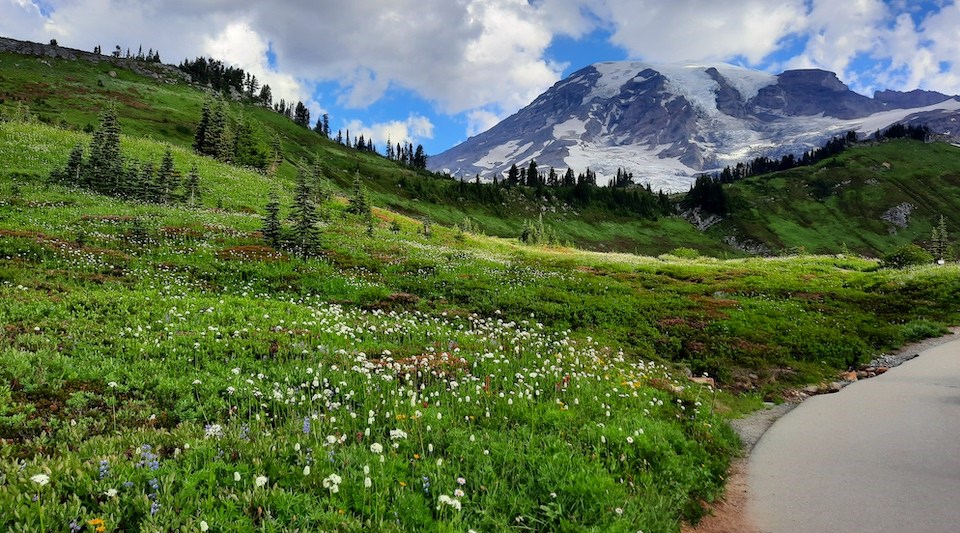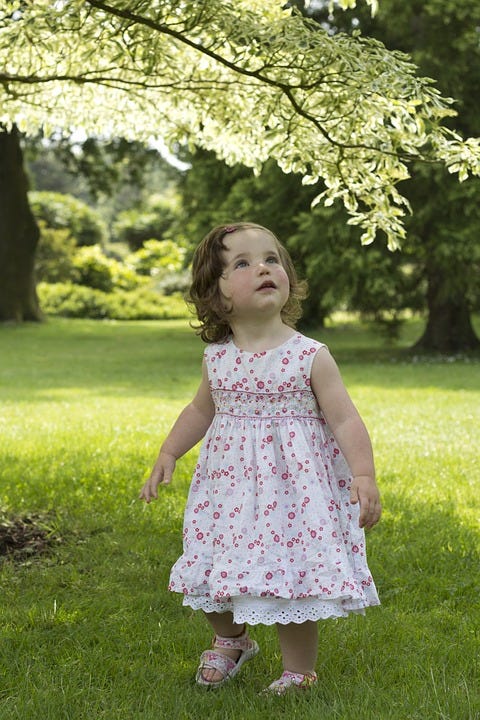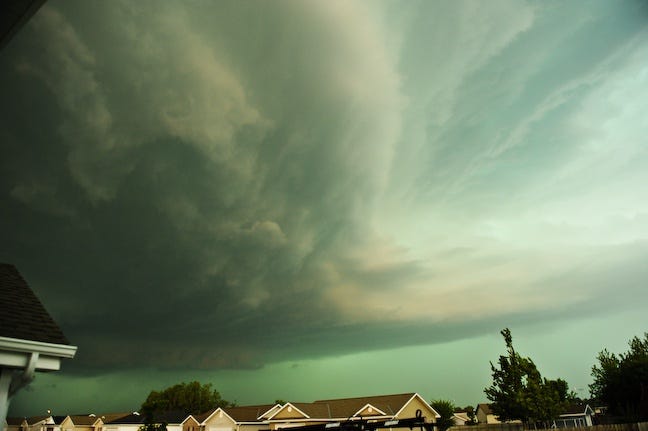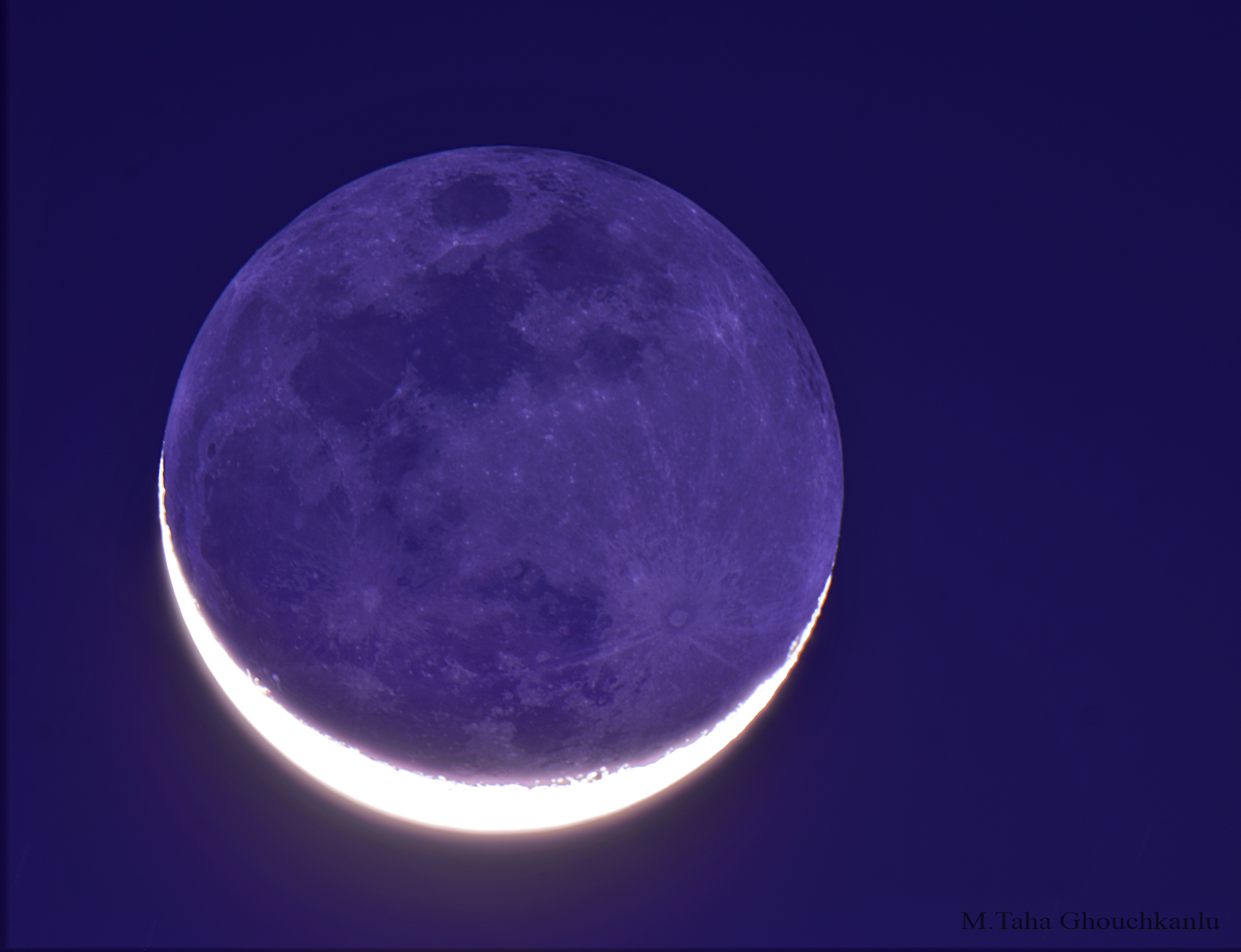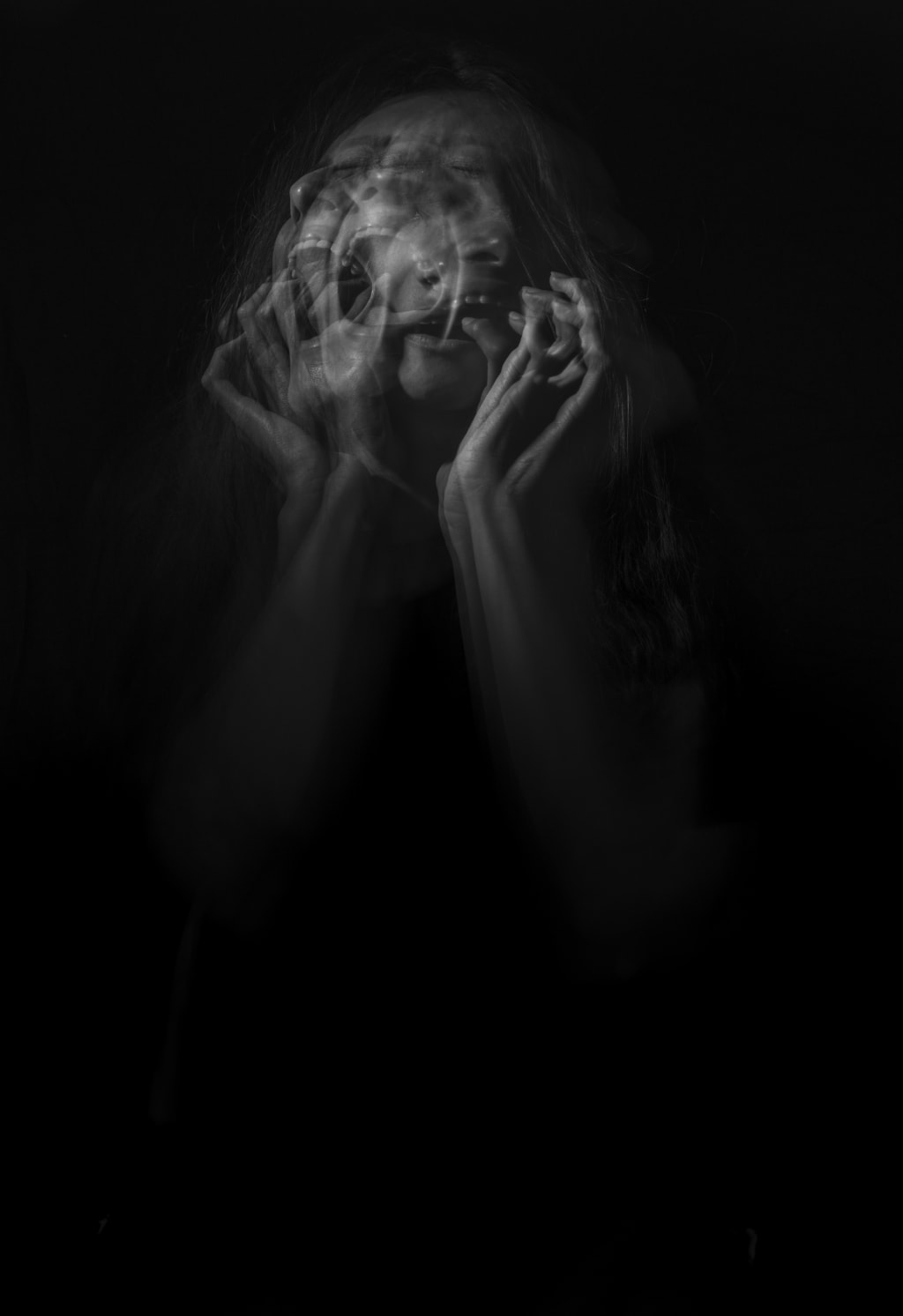Thy Soul's immensity;Thou best Philosopher, who yet dost keepThy heritage, thou Eye among the blind,That, deaf and silent, read'st the eternal deep,Haunted for ever by the eternal mind,— Mighty Prophet! Seer blest! On whom those truths do rest,Which we are toiling all our lives to find,
The child knows more than the man will ever know. He is the genius that we extol, worship, and study in classes. He is the answer to all the questions about life that we ask. There is nothing more pure and unfiltered than a child. This, however, fades over time. We should take after children and how they can find happiness in whatever is around them.

